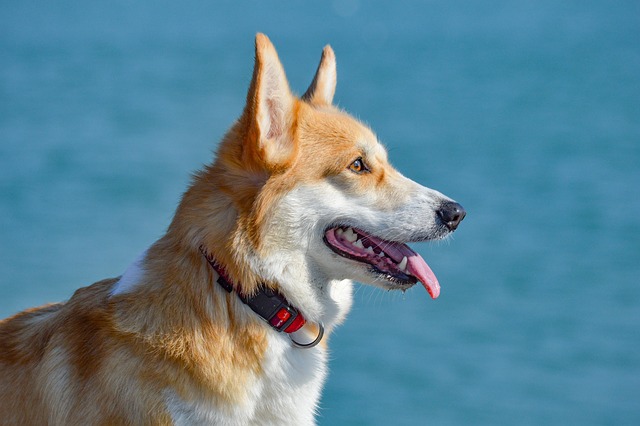
What's wrong with dogs always licking their paws
Watching their furry child constantly licking their paws, with that focused and persistent look, is both heartbreaking and confusing.
When you realize that only your absence triggers your otherwise well-behaved companion into anxious behaviors—scratching at the door, barking incessantly, or even refusing to eat—this "exclusive" separation anxiety is both heartbreaking and strangely touching. This unique emotional bond goes beyond ordinary attachment; it’s your dog’s primal way of saying, "Without you, my world is incomplete." Unlike generalized separation anxiety, this intense reaction directed solely at you reveals the astonishing emotional discernment and selective love in a dog’s heart—they don’t just understand the concept of "humans" as a whole but can precisely distinguish each family member’s irreplaceable role in their world.
The roots of this special anxiety often hide deep emotional codes. Behavioral studies show dogs form stronger attachments to primary caregivers, especially those who fulfill their core needs (food, walks, play) and offer emotional reciprocity. When your dog displays separation anxiety only for you, it means they’ve identified you as their "safe base." This bond is particularly pronounced in rescue dogs, who often develop exclusive dependence on the first person to show them kindness. A psychologist who adopted a Maltese shared: "When I realized ‘Marshmallow’ refused meals only when I left, I understood that to him, I wasn’t just an ‘owner’—I was the one."
Recognizing this unique anxiety requires careful observation. Unlike generalized cases, your dog might reject comfort from others in your absence but perk up at sounds uniquely tied to you (e.g., your ringtone). They may destroy only your belongings (slippers, pillows) while leaving others’ untouched. Security footage might show them camped at your departure point, indifferent to other family members coming and going. Animal behavior consultants note such dogs often predict your routines with eerie accuracy, displaying heightened alertness during "high-risk" times (like your usual work hours). The most poignant detail? Many owners report their anxious dogs arranging favorite toys near scent-heavy spots—like building tiny altars of solace.
Easing this special anxiety requires balancing emotional connection with healthy boundaries. Start by gradually having others take over some care tasks (feeding, walks), but avoid abrupt changes—suddenly removing all your roles may backfire. Design a consistent "goodbye ritual": a low-key routine (e.g., a gentle pat and a calm "Be back soon") to avoid emotional whiplash. One Elvis-impersonator owner discovered his Chihuahua relaxed more when he used a specific deep voice for goodbyes, proving consistency matters more than content. Desensitization training (gradually extending absences) still works, but you should lead it—since you’re the trigger.
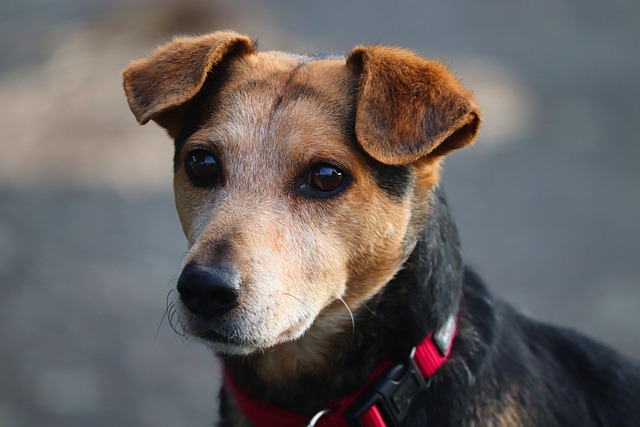
Creating positive solo experiences is key. Pair your departures with exclusive rewards (e.g., puzzle toys filled with treats that only appear when you’re gone). Leave behind a lightly scented T-shirt, but avoid freshly worn clothes—strong smells may amplify longing. A writer trained her Pomeranian to play with special toys during her "physically present but mentally occupied" writing hours, later extending this to actual absences. Pet cameras can help, but use them wisely: talking to an anxious dog through the device may worsen anxiety, while observing their self-soothing patterns can refine your approach.
For severe cases, professional intervention may be needed. Veterinary behaviorists might recommend situational solutions like adaptogenic pheromones pre-departure. In extreme cases, introducing a "transitional security object" (e.g., a specific stuffed toy) can redistribute some dependency. One truck driver recorded engine white noise for his anxious Schnauzer—the only "sound blanket" that lulled it to sleep during his long hauls. Note: Life changes (a new baby or pet) might naturally ease this anxiety, but introduce them cautiously to avoid new stressors.
This weight of exclusive love demands both gratitude and level-headedness. When your dog grieves only for you, they’re honoring your irreplaceability in their life. Healing isn’t about diluting this bond but nurturing it into a secure attachment. Watching your once-heartbroken companion learn to stay calm in your absence, you’ll realize this isn’t love fading—it’s love maturing, from possessive dependence to trusting security. After all, the deepest bonds aren’t measured in constant proximity but in the unshakable certainty that "we’re connected, even apart." When you return home to find your dog no longer panicked but calmly wagging their tail, you’ll know: true love needs both fiery devotion and the space to breathe.

Watching their furry child constantly licking their paws, with that focused and persistent look, is both heartbreaking and confusing.
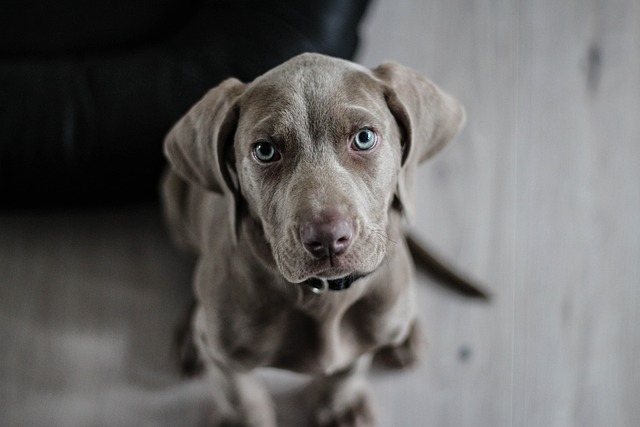
When you habitually pet your dog and suddenly notice that its once smooth coat has become rough and prickly, the change in texture will immediately alert you.
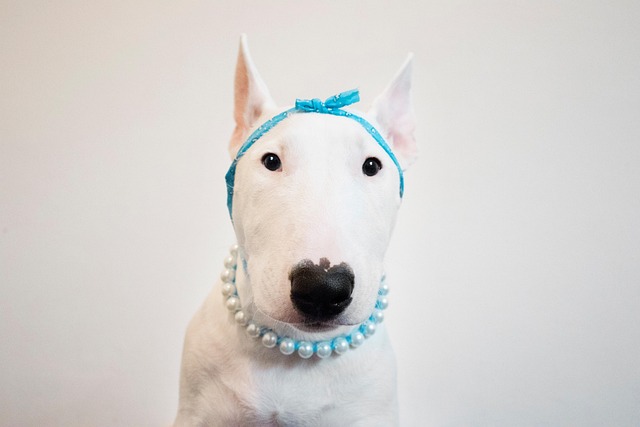
When we hold the soft and cute puppies in our hands, their furry little bodies and smart eyes instantly melt our hearts. From that moment on, we shoulder the responsibility of taking care of this little life,
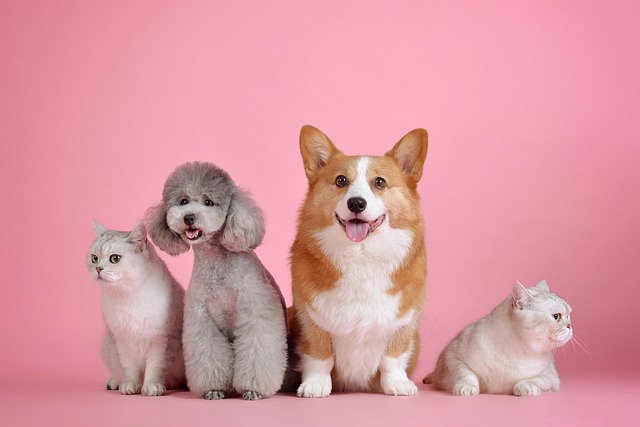
You push open the door to find shredded pillow stuffing, chewed-through cables, or claw-marked door frames scattered across the floor—and in an instant,
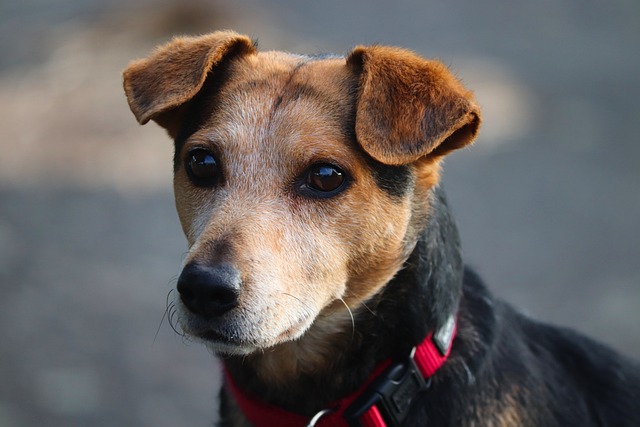
When you realize that only your absence triggers your otherwise well-behaved companion into anxious behaviors—scratching at the door, barking incessantly,
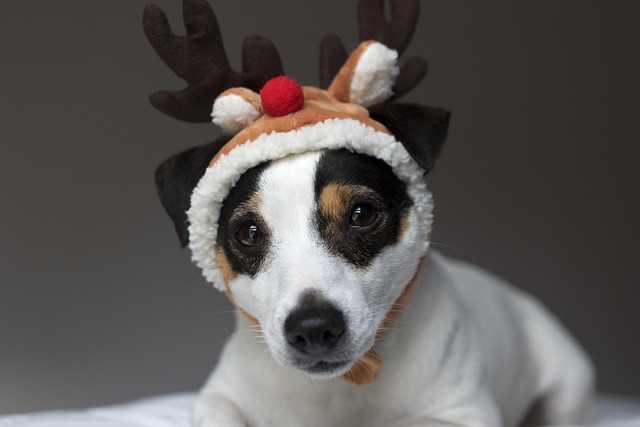
When we hold the sweet and juicy soft-seeded pomegranates and look at the round, expectant eyes of the dogs around us, we always feel entangled: Can such delicious fruit be shared with our beloved fur children?